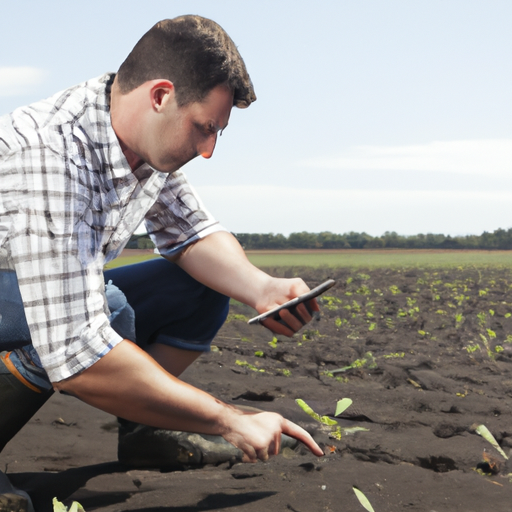In recent years, the landscape of agriculture has undergone a transformative shift with the advent of smart farming. Also known as precision agriculture, this innovative approach leverages advanced technologies to optimize farming practices, increase crop yields, and promote sustainable agricultural methods.
What is Smart Farming?
Smart farming utilizes various cutting-edge technologies such as the Internet of Things (IoT), drones, artificial intelligence (AI), and big data analytics to enhance agricultural practices. By integrating these technologies, farmers can make more informed decisions, reduce waste, and boost overall productivity.
The Benefits of Smart Farming
- Increased Efficiency: Smart farming tools allow for real-time monitoring of crops and soils, enabling farmers to use resources more efficiently.
- Enhanced Crop Yields: Precision agriculture techniques can help in identifying the best conditions for crops, thus leading to better yields.
- Data-Driven Decisions: With real-time data, farmers can make informed decisions about planting, watering, and harvesting, significantly improving productivity.
- Sustainability: Smart farming reduces the environmental impact of agriculture by minimizing pesticide usage and conserving water.
Technologies Driving Smart Farming
Several key technologies are at the forefront of the smart farming revolution:
- IoT Sensors: These devices collect data on soil moisture, temperature, and crop health to provide farmers with actionable insights.
- Drones: Drones are used for aerial imaging and monitoring, allowing for precise assessments of crop health and land conditions.
- AI and Machine Learning: These technologies analyze the vast amounts of data collected, identifying patterns and trends that can inform farming practices.
- Automated Equipment: Tractors and harvesters equipped with GPS technology can operate autonomously, further increasing efficiency.
Challenges and Considerations
While smart farming presents numerous benefits, there are challenges to consider. High initial investment costs, the need for technical expertise, and data privacy concerns are among the challenges farmers face when adopting these technologies.
The Future of Smart Farming
The future of agriculture lies in the embrace of technology. As more farmers adopt smart farming solutions, we can expect to see a significant shift towards sustainable agriculture that not only meets the growing global demand for food but does so in an environmentally responsible way.
Conclusion
In conclusion, the rise of smart farming is revolutionizing agriculture, making it more efficient, sustainable, and productive. As technology continues to advance, the agricultural sector stands to benefit immensely, paving the way for a smarter, more sustainable future.




